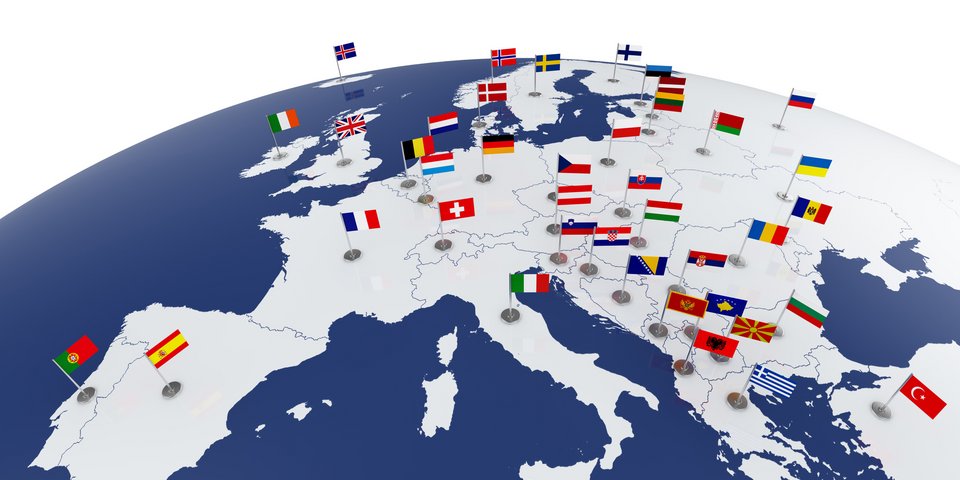 Denys Rudyi - Fotolia
Denys Rudyi - FotoliaNew trio Presidency begins with Germany
The corona pandemic has strongly influenced the programme of the upcoming trio Presidency.
UM – 06/2020
When Germany takes over the Presidency of the Council of the
European Union on 1 July, this will also be the starting signal for the new trio Presidency with Portugal
and Slovenia. The Trio last worked together in 2007 and 2008. The programme
of the trio Presidency includes commonly agreed objectives
which each of the three participating countries will use to draw up their own six-month programme. This is
intended to make the political process more stable at European level.
Programme for a strong Europe
The overall aim of the trio of Germany, Portugal and Slovenia in the Council of the
European Union is to ensure that Europe emerges from the corona pandemic stronger, fairer and
more sustainable. The way to
achieve this is set out in a 30-page programme for the eighteen months
until 31 December 2021. The COVID-19 crisis has had a major influence on the programme.
Negotiations over Brexit not finalised
Action points to address the COVID-19 pandemic and improve European crisis management were
already identified in a Joint Statement of the
Members of the European Council on 26 March 2020. Other
key tasks include reaching agreement on the Multiannual
Financial Framework 2021-2027
together with the new Recovery Fund, and the future
relationship between the EU and the United Kingdom. Key policy objectives of
the strategic agenda include
the climate (the Green
Deal), competitiveness, digital transformation, social policy and Europe’s
role in the world.
Social issues are a top priority
The trio Presidency is also to be a social presidency and
the three countries agree that ‘more
can be done’ for the
social rights of people in Europe. Proposals for unemployment reinsurance and minimum income protection are important steps, as is a response to cushion
the social consequences of the pandemic. COVID-19 has
also put the spotlight on issues such as occupational safety and health; the protection
of workers in precarious, non-standard employment; and
flexible forms of work. Artificial intelligence is to play an important role in
the further development of work; labour policy will be particularly
concerned about vocational training for workers. In the future, digital
skills will increasingly be
necessary. The digital sovereignty of the EU must be strengthened.
Yes to independence, no to protectionism
European sovereignty will also be promoted in healthcare. The principle of
self-sufficiency should be strengthened with regard to the availability of
medicines, vaccines and protective equipment, as should cross-European structures such as the
European Centre for Disease Prevention and Control (ECDC). The impact of the pandemic is also evident in the programme here. There
is much talk today about Europe’s strategic
independence. It is completely
understandable that consideration is being given to greater independence from world markets, more secure supply and provision of products, and access to a COVID-19
vaccine. However, these considerations must not encourage protectionism. This
would be extremely problematic in view of the intensive economic
interdependence with non-European trading partners.
